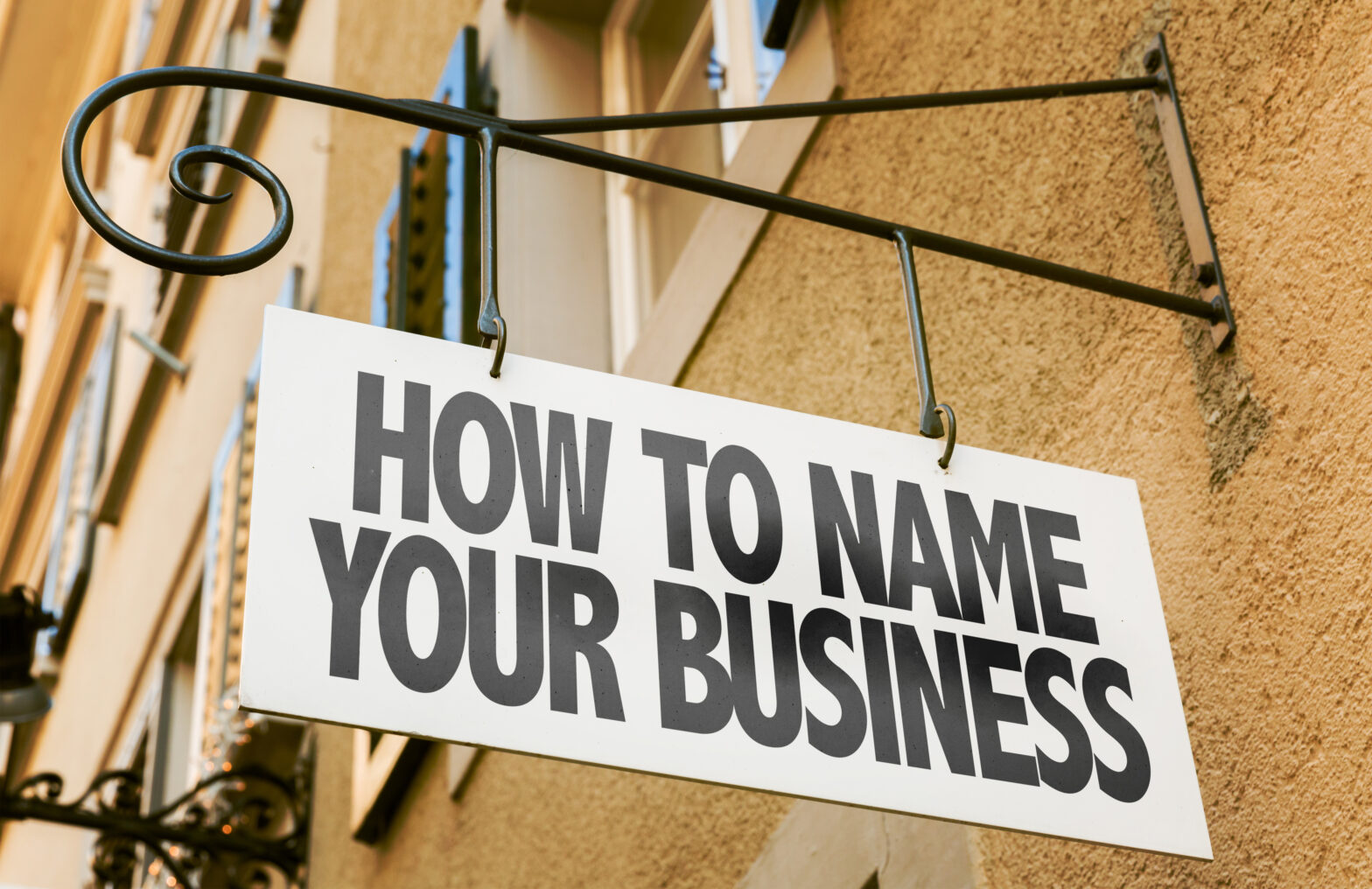Barclays Business asked UK consumers whether the name of a business can help or hinder trade and found that SMEs with good spelling are top of the class, with 89 per cent of shoppers saying they are more encouraged to shop there.
After grammar gripes, a memorable business name is the second most compelling factor when attracting custom (87 per cent), followed by a link to UK heritage in the name (72 per cent).
Family businesses are an important part of UK culture, with almost two thirds (64 per cent) of consumers admitting they are more likely to buy from a family-named business. For shoppers in the West Midlands this increases to three quarters (76 per cent).
Regional loyalty also proves an important factor for 57 per cent who say they are more likely to use a business named after its location.
This is particularly prevalent across some of the UK’s major cities, with three quarters (76 per cent) of those in and around Bristol more likely to spend their cash at businesses named after the city, followed by over two thirds (69 per cent) of consumers in and around Newcastle preferring businesses named after local references.
Businesses with references to the monarchy or those that contain a pun in their name are less likely to attract custom, appearing at the bottom of the poll.
More than three quarters of consumers (76 per cent) would be put off from using a business with Royal references, and three in five (60 per cent) would be less inclined to shop at companies with puns in the title.
Adam Rowse, head of business banking at Barclays says that, when starting a business, the naming and branding process can be very influential for future business success; it tells consumers everything they should know about the business and first impressions count.
‘In some cases the name continues for generations. Our poll shows that it’s important not to overlook the finer details such as grammar or spelling which, if incorrect, can be detrimental to trade.
‘Businesses that demonstrate their UK heritage resonate well with consumers and we know the value that Brand Britain has on both domestic and overseas spend. Staying front of mind with a memorable name can also be a winning ingredient for business growth.’
Reputation, convenience and the history of a business are key factors in determining where consumers choose to shop.
Nearly half of consumers (46 per cent) choose a business recommended by friends or family. When shopping online, 42 per cent agree that a poorly designed website is a turn off, while over a third (37 per cent) will pay more for products or services from a business that they trust over one they do not.
Just over a quarter (28 per cent) would travel further to use a business they know and trust.





